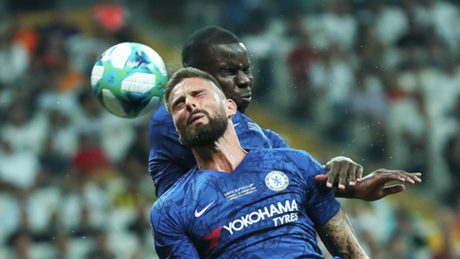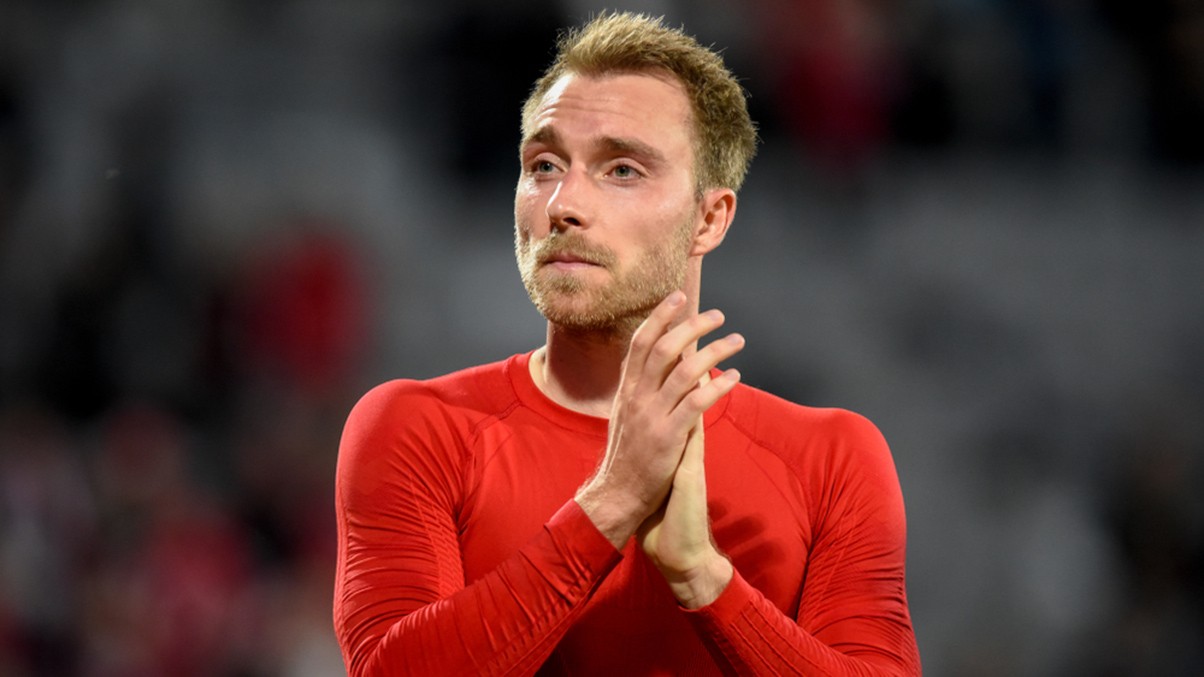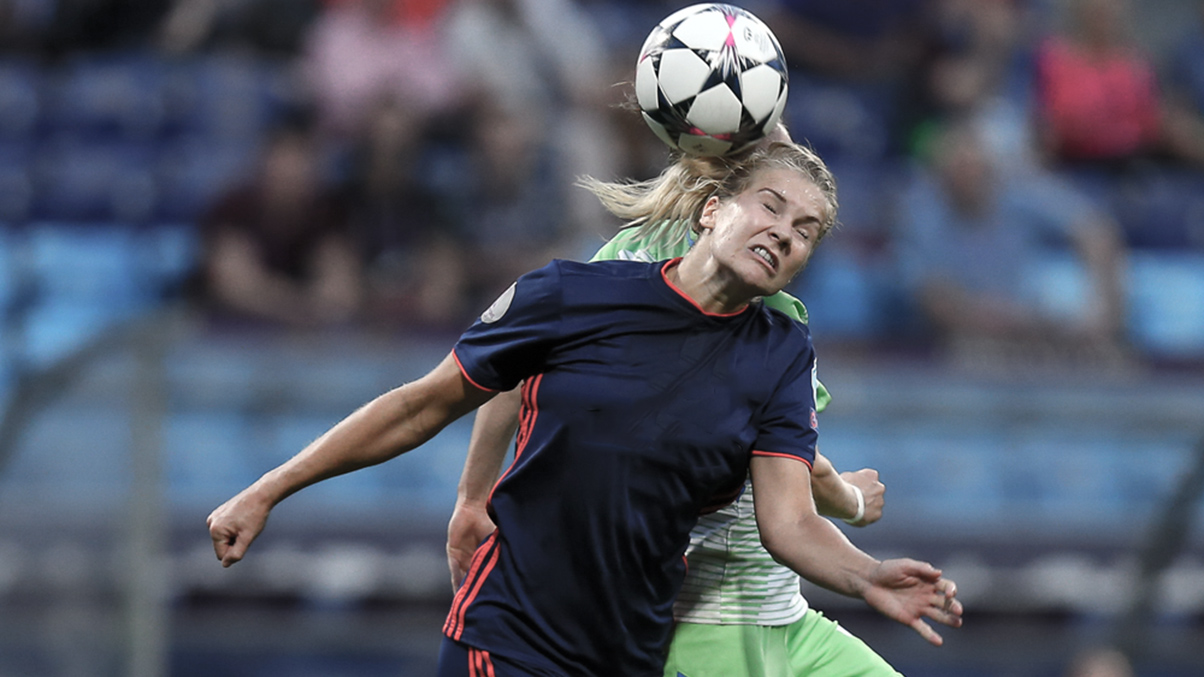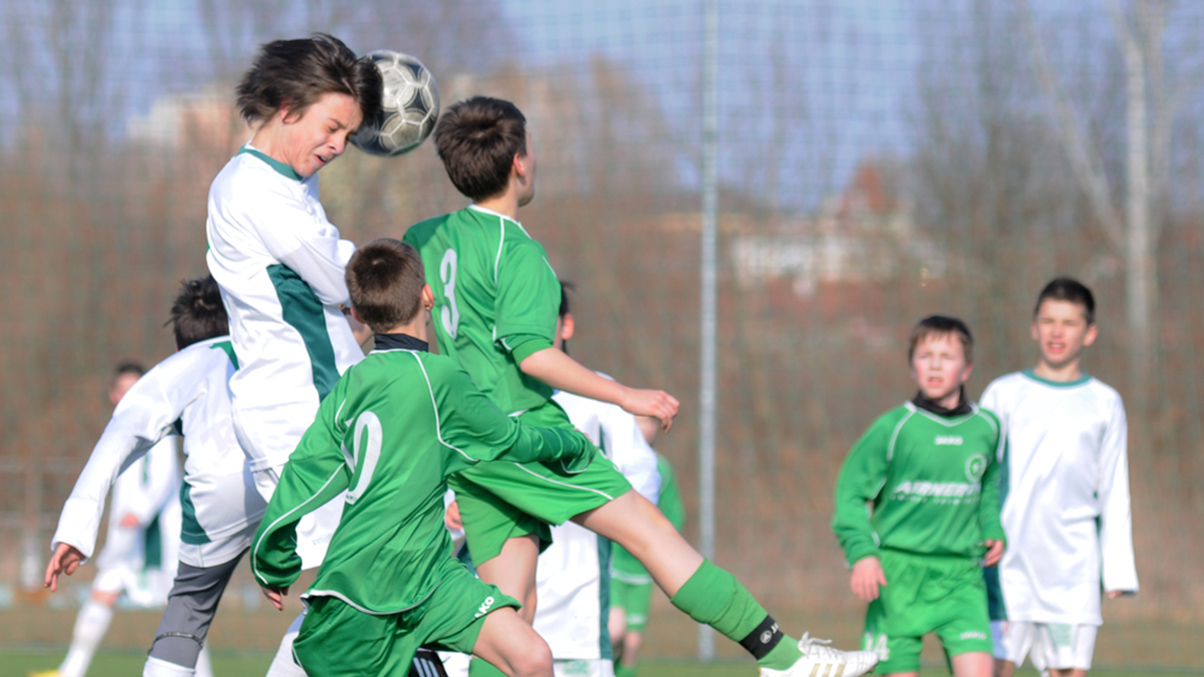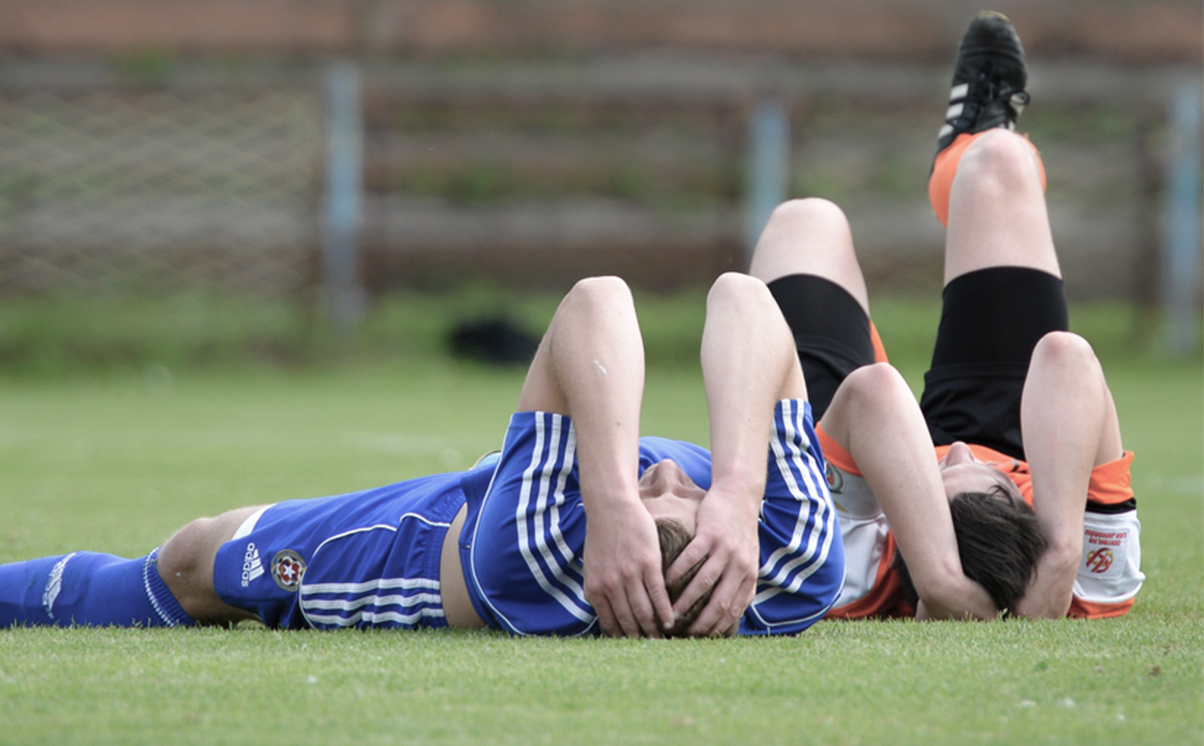Former England football team captain Terry Butcher believes heading could one day be phased out of football. In an article first published in The i Paper, Sports Disputes Lawyer Barrington Atkins said further change is needed in football to protect outfield players, past, present and future.
The dangers of heading in football
Sixty-two-year-old Terry Butcher, who spent most of his 17-year career at centre back for Ipswich Town and Rangers while winning 77 caps for England, said heading was the one aspect of the game defenders of his generation worked on almost non-stop on the training ground.
“It wasn’t in the games as much, but you just practised and practised heading,” he said. “You’re in your own penalty area, and you’re heading countless number of balls to try and get it past the halfway line, so the impact was very high. That amount of practice has not helped footballers of my generation and those before.”
Footballers with longer careers, defenders in particular, are more prone to brain injury. Professional footballers are at four times greater risk from Alzheimer’s and other neurodegenerative diseases than the general public researchers found, with position playing a key role. Defenders have a five-fold greater risk of such diseases than forwards, who have an almost three-fold risk, while goalkeepers had no increased risk compared to the general population.
The issue of brain injuries in football has come under the spotlight in recent years following the deaths of several members of England’s 1966 World Cup winning team from dementia. Jack Charlton, Ray Wilson, Martin Peters and Nobby Stiles all passed away from neurodegenerative diseases between 2018 and 2020, and Bobby Charlton has been diagnosed with Alzheimer’s disease. Their careers are believed to have been a contributory factor.
Last month, the Football Association, Premier League, English Football League, Women’s Super League, League Managers Association and Professional Footballers Association took action amid growing evidence of the link between football and dementia. They announced new guidance limiting players to 10 “higher force” headers per week in training.
Alzheimer’s Research UK welcomed the “sensible steps” to mitigate the risk of injury to ensure players can enjoy the game safely at all levels. A FIFA spokesperson also welcomed the research and said it would support further research into brain injuries and football.
Barrington’s comments
The Digital, Culture, Media and Sport Committee recently concluded that urgent action is needed by government and sporting bodies to address a long-term failure to reduce the risks of brain injury in sports.
If they don’t implement immediate change, “clubs and organisations leave themselves vulnerable to high-value litigation claims brought by injured players as we are increasingly seeing,” Barrington noted.
Among the extra measures he wants introduced are:
- Acknowledgement of dementia in football as an industrial injury
- Limiting heading in games as well as training, with the onus on the club, not the player, to monitor the numbers
- Rolling concussion substitutes, a similar situation that now occurs in rugby
- For each club to appoint and train a concussion/head injury practitioner to identify and manage a concussion injury – similar to a 24/7 mental health “champion” with Team GB at the Olympics
Recently introduced concussion safety rules in the Premier League state that if a player has clear symptoms of concussion or video provides clear evidence of concussion, his team will be permitted to replace him with an additional substitute. Despite the proven benefits of these kinds of measures, this was not implemented at UEFA 2020. Barrington questioned in 2019 if football is heading for an on-pitch concussion tragedy.
Telling The i Paper that “risk is an accepted part of the game”, Barrington suggested that “clubs owe a duty of care to protect their players, and specifically minimise a player being exposed to injury, particularly if this is reasonably foreseeable. If players are aware of the risks, then so ought to be their employers, the clubs. As such, there is likely to be a significant rise in players making claims if clubs fail to implement their own concussion protocols.”
Going further
“In my view, the subsequent news that the footballing authorities will limit players to 10 ‘higher force’ headers per week is encouraging in terms of player welfare for current and future players,” Barrington suggests. “We are, however, becoming increasingly aware that each header can cause potential harm. For this reason, I do not believe that the current focus on higher force headers only goes far enough to limit a player’s exposure to Alzheimer’s disease, motor neurone disease, and Parkinson’s disease,” he said.
“The effects of repetitive low impact heading are equally concerning, and the responsibility for policing the guidelines is on the player,” Barrington notes. “This, in my opinion, is an attempt to limit liability risk against players who suffer injuries and decide to bring a claim if this impacts their career, physical and mental health. This may be a response to the trend I am seeing, where injured players are increasingly bringing sports injury claims as they become aware of their legal position.”
Barrington considers the following proposals are important to protect the legal position for players:
- A recommendation that The Industrial Injuries Advisory Council acknowledge dementia in football as an industrial injury.
- The Health and Safety Executive accept that traumatic brain injuries (concussions) in football be recorded as a RIDDOR (Reporting of Injuries, Diseases and Dangerous Occurrences Regulations 2013).
- A trust fund is created to fund care, including rehabilitation, neurological support and full-time care for players with dementia and other neurodegenerative diseases caused by playing football.
Barrington said: “My final thought is that while physical injury is an accepted risk of sports participation, brain damage must never ever be seen as an acceptable consequence.”
You can find further information regarding our expertise, experience and team on our Football Injuries, Sports Injury, Personal Injury and Clinical Negligence pages.
If you require assistance from our team, please contact us or alternatively request a call back from one of our lawyers by submitting this form.
Subscribe – In order to receive our news straight to your inbox, subscribe here. Our newsletters are sent no more than once a month.

